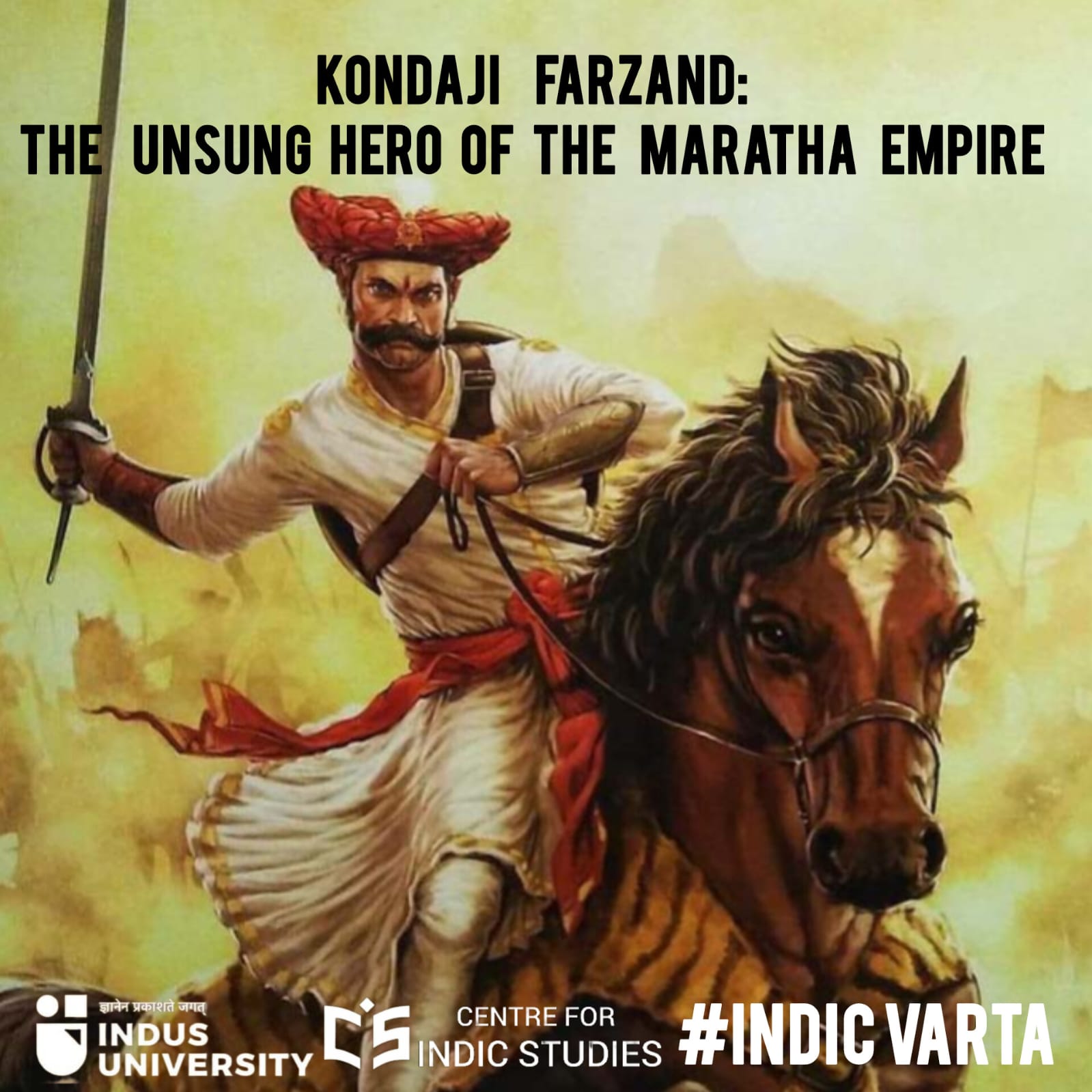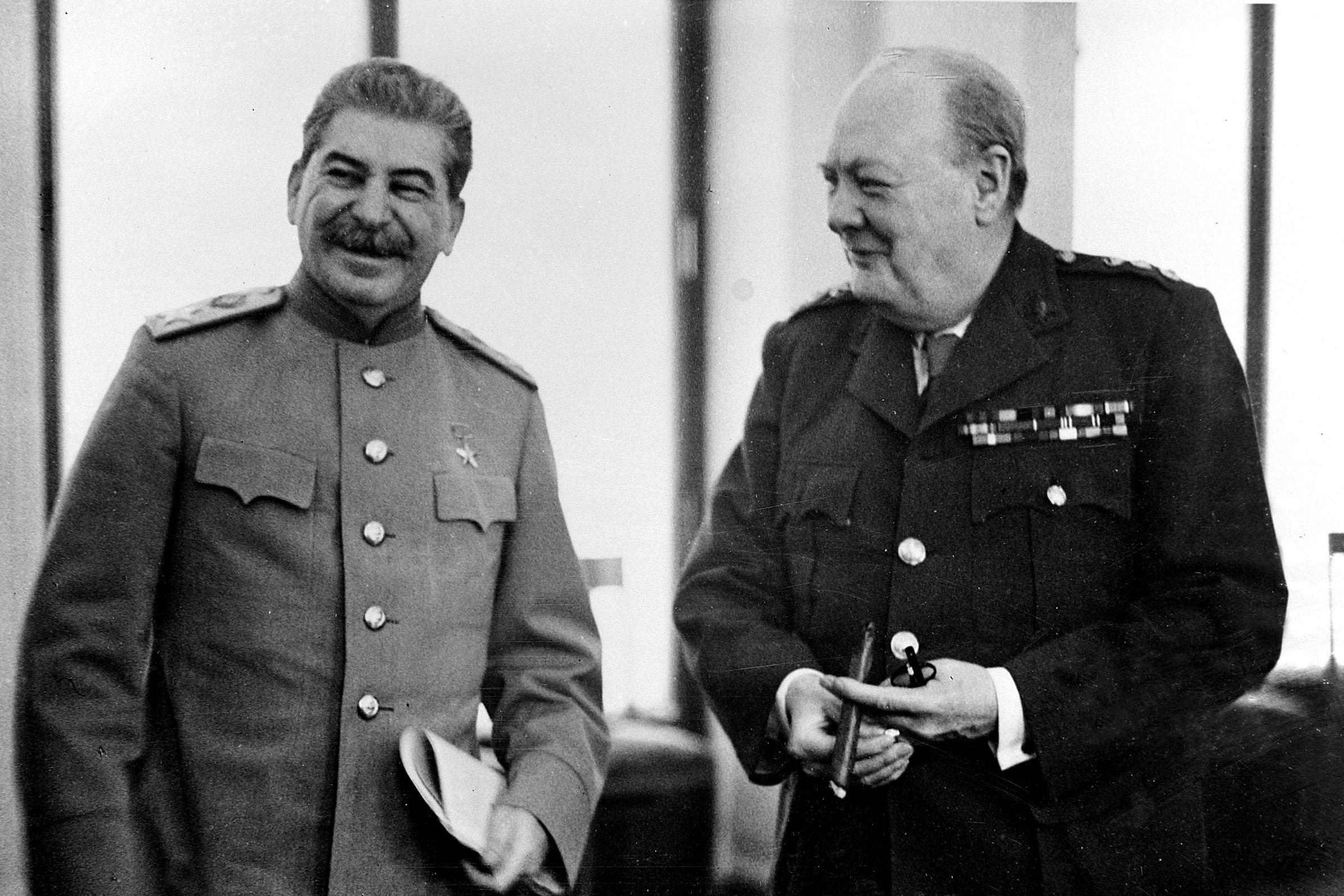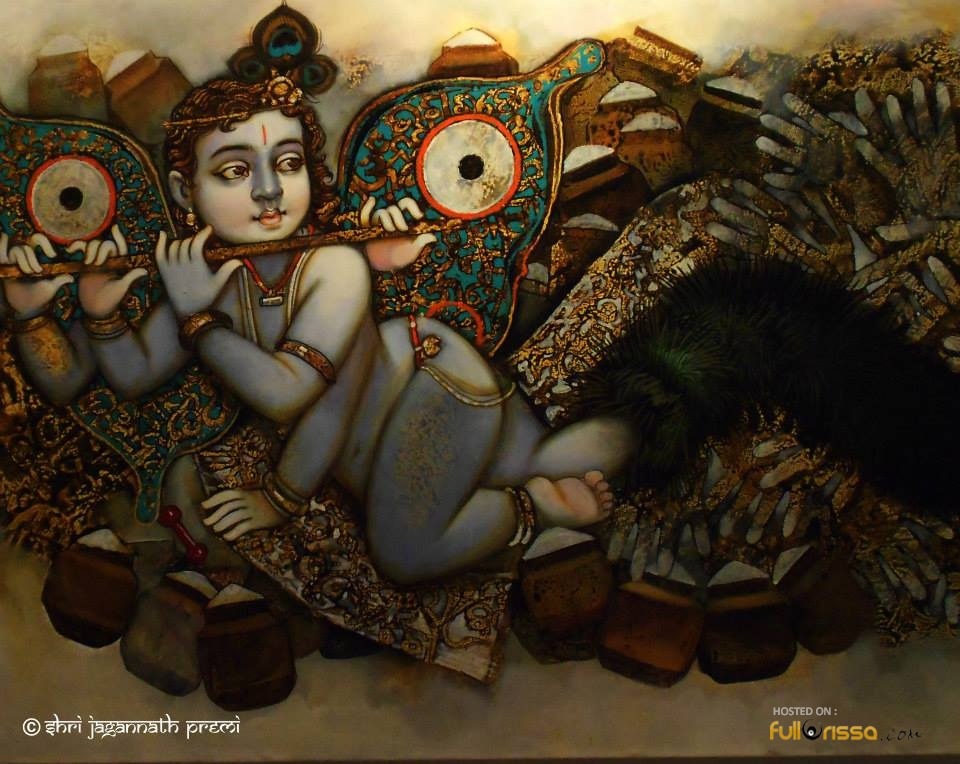- Visitor:32
- Published on:
KYC – Know Your Civilization: Recognizing the Distinctive Soul of India
In this brilliant and searing piece, Sargun Kaur combines personal experience and penetrative insight into civilizational problems. She explores her own journey of de-colonization of the Hindu psyche, through four defining works. Through these works and her understanding of them, she affirms how India should be imagined or looked at by our younger generation.

It pains me to say that a majority of Indians today are civilization illiterates. We live in India, we raise our households on her lands, and yet, we know very little about her. The intent behind this article is not to play the blame game, but it is an honest effort to make the reader aware of India, as we ought to know her.
For a long time, I have lived behind a ‘veil of ignorance’, but reading truly knows how to wake up a person from a blissful yet ignorant slumber. It has been a deeply intimate experience for me; as I stepped out of this veil to explore the vast Indian knowledge system. This veil of ignorance seems to be crafted by strong hands and continues to encapsulate my fellow country men and women. This craftsmanship has been a consistent work of a lot of factors, most importantly of the privileged western gaze. The framework has been inherited by us in such a way, that we use it as a lens to view every development in our life, which inadvertently has delayed the process of decolonizing our minds.
As SN Balagangadhara avers, “We know the West as the West looks at itself. We study the east the way West studies the East… when Asian Anthropologists or Sociologists or Cultureologists do their anthropology, sociology or cultureology- the West is really talking to itself.”
It has been an extremely long wait for me to embrace my heritage. I have committed an unknowing mistake for the past 21 years of my life, and I am sure that a lot of us are guilty of the same.
As Krishna Chandra Bhattacharya might put it, I can shake myself free from it, I feel as though the scales fell from my eyes: I experience a rebirth. This is what he would call Swaraj in Ideas.
Bear with me, as I take you through my journey of self-discovery via the medium of a brief reading list I have compiled in a chronological order.
It all started about a year ago, when I picked up the first chapter of Indian Knowledge Systems Vol.1 by Kapil Kapoor and Avadesh Kumar Singh, as a part of my course structure. It comes as a part of 2 Volumes, each spanning over 700 pages, but all it took was the first chapter, 21 pages long, for me to understand that this is something different, and it unsettled me for a long time.
My initial response was akin to the Western tendency of squaring a circle, by homogenizing the existing ‘chaos’. However, this time the words- ‘Indian Knowledge System’, stuck with me for a long time. The contribution of the Dharmic traditions of India, religions that germinated in this land – Hinduism, Buddhism, Jainism and Sikhism have created a vast knowledge system. This work elaborates on the value Indian Civilization attaches to Knowledge. It highlights the contrast between what we know and what we ought to know. While the Western knowledge systems believe that the Truth is something that lies external to you, the Indian knowledge systems believe in Truth existing within you. Tat Tvam Asi. You’re that.
My next moment of epiphany came when I started reading Ronald Inden’s Orientalist constructions of India. This article was a huge eye-opener as it laid emphasis on a subtle, yet perpetuating sense of domination that the ‘East’ or the ‘Other’ was made a victim of. Orientalism is the study of East by the west. Inden brings to light how this discipline is an unsolicited onslaught of the West, through which they distort the eastern civilizations as Barbaric and inferior and the ones that need ‘civilizing’.
When the British started colonizing India, they wanted to thoroughly understand the cultures and traditions of this vast land. Inden informs us about James Mill’s History of British India being a hegemonic account that was also a mandatory read at Haileybury College where civil servants of EIC trained until 1855. Later Indologists have built the idea of India using Mill’s account and he has not been forgiving in his depiction of ‘primitive’ India that needs saving.
Being Different: An Indian Challenge to western Universalism by Rajiv Malhotra is like that moment when the final piece of puzzle clicks and your eyes can behold the majestic mystery solved. He writes, “I am simply using the Dharmic perspective to revise the analytical gaze which normally goes from West to East and unconsciously privileges the former.” It highlights the immensely hospitable nature of the Indian Dharmic Civilization and how it is imperative for us to replace tolerance with mutual respect for our traditions, because tolerance is always exhibited towards the ones we deem ‘not good enough’.
One of the most astounding facts that I had the opportunity to learn about through this book was the concept of ‘Purva Paksha’: “It is a dialectical approach, taking a thesis by an opponent (purva pakshin) and then providing its rebuttal (khandana) so as to establish the protagonist’s views (siddhanta)”. Sounds familiar, does it? – Thesis, Anti-thesis and Synthesis – Hegel’s dialectical approach to understanding the historical and philosophical progress. Purva Pakshin has been a widely prevalent approach in our Indian practices and traditions, and this immersive read enlightens the reader about many such concepts and practices that find their roots in this very land.
Questions of Self and existence have haunted mankind for a long time, but they have managed to escape my attention for a long time. Great minds have tried to give some direction to the world through their elegant work. Stephen Hawking’s A Brief History of Time, written in simplistic terms for a neophyte like me, captures the scientific progress so far and informs the reader of the contributions of various scientists in trying to make sense of our existence. But there was a question that stayed with me; should we leave the questions of origin and existence for the realms of Theology or Metaphysics.
In an earnest attempt to understand more, I stumbled upon Eknath Easwaran’s translation of the Upanishads. He beautifully describes a land beyond the five senses, our native land of consciousness and elucidates on the Vedanta philosophy. Vedanta focuses on the nature of the ultimate and the relation of the soul to it. It believes in one reality that can be perceived through infinite names and forms, and views the soul as identical to that ultimate reality.
Another valuable insight that I came across was the inspiration that Quantum Physics pioneers like Neils Bohr, Heisenberg and Schrödinger claim to draw from Vedanta. Neils Bohr, in the past, said the following about Vedanta, “I go into the upanishads to ask questions.”
This journey has unravelled a whole new world before me, assisting me in looking at things with an invigorating perspective. This experience transcends the ideological turf war. This is about searching for the true essence of the Indian Civilization, and embracing its legacy with pride.
This reading list is neither comprehensive, nor exhaustive. I have just touched the tip of the iceberg; there are many books to read and many new ideas to subsume.
This has been a small effort from my side to ignite some curiosity in the readers. Each individual’s experience is born out of his/her own circumstances. I hope you have the patience and humility to take this road and discover it for yourself.
- 16 min read
- 0
- 0










